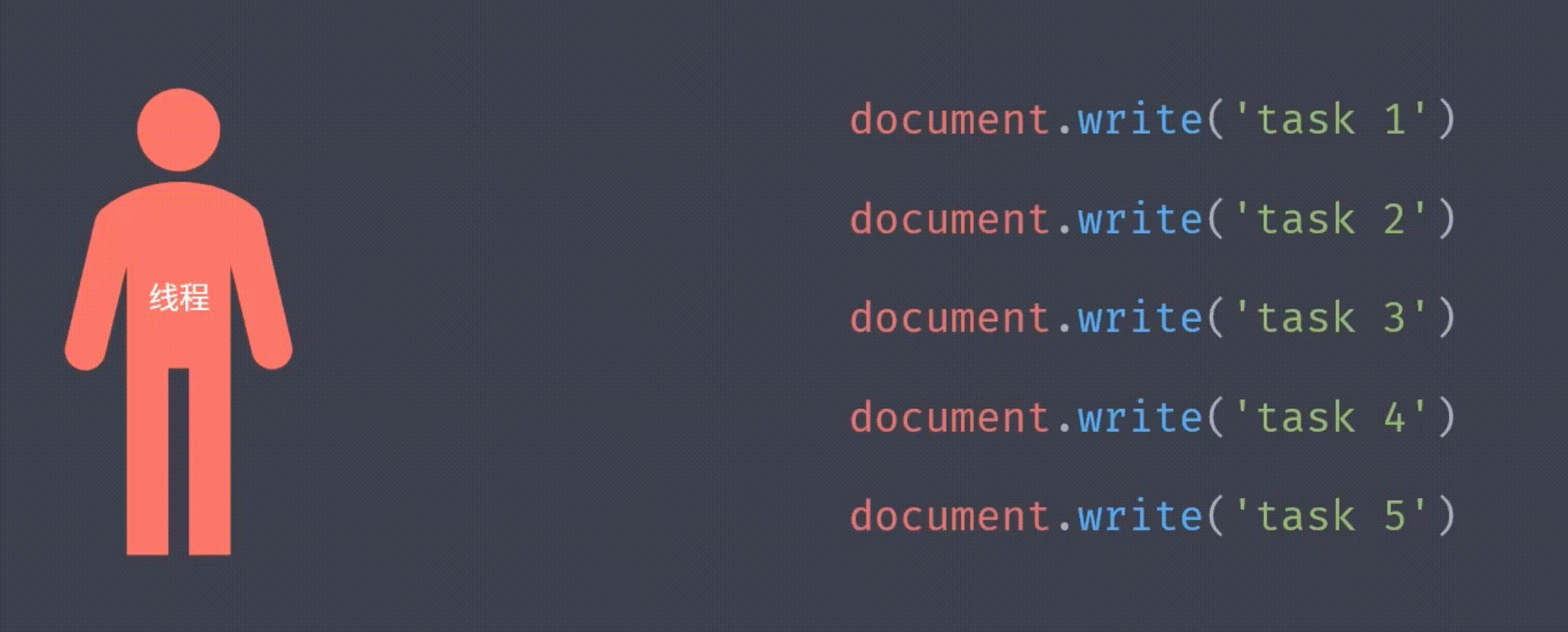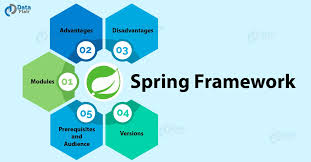配套视频课程已更新完毕,大家可通过以下两种方式观看视频讲解:
在C++11中提供了专门的类型转换函数,程序猿可以非常方便的使用它们进行数值类型和字符串类型之间的转换。
- 数值转换为字符串 {#1-数值转换为字符串} =========================
使用to_string()方法可以非常方便地将各种数值类型转换为字符串类型,这是一个重载函,函数声明位于头文件<string>中,函数原型如下:
|------------------------------|---------------------------------------------------------------------------------------------------------------------------------------------------------------------------------------------------------------------------------------------------------------------------------------------------------------------------------------|
| 1 2 3 4 5 6 7 8 9 10 | // 头文件 <string> string to_string (int val); string to_string (long val); string to_string (long long val); string to_string (unsigned val); string to_string (unsigned long val); string to_string (unsigned long long val); string to_string (float val); string to_string (double val); string to_string (long double val); |
关于函数的使用是非常简单的,示例代码如下:
|------------------------------------|----------------------------------------------------------------------------------------------------------------------------------------------------------------------------------------------------------------------------------------|
| 1 2 3 4 5 6 7 8 9 10 11 12 | #include <iostream> #include <string> using namespace std; int main() { string pi = "pi is " + to_string(3.1415926); string love = "love is " + to_string(5.20 + 13.14); cout << pi << endl; cout << love << endl; return 0; } |
- 字符串转换为数值 {#2-字符串转换为数值} =========================
由于C++中的数值类型包括整形和浮点型,因此针对于不同的类型提供了不同的函数,通过调用这些函数可以将字符串类型转换为对应的数值类型。
|---------------------------------|--------------------------------------------------------------------------------------------------------------------------------------------------------------------------------------------------------------------------------------------------------------------------------------------------------------------------------------------------------------------------------------------------------------------------------------------------------------------------------------------------------------------------------------------------------------------------------------------------------------------------------------------------------------------|
| 1 2 3 4 5 6 7 8 9 10 11 | // 定义于头文件 <string> int stoi( const std::string& str, std::size_t* pos = 0, int base = 10 ); long stol( const std::string& str, std::size_t* pos = 0, int base = 10 ); long long stoll( const std::string& str, std::size_t* pos = 0, int base = 10 ); unsigned long stoul( const std::string& str, std::size_t* pos = 0, int base = 10 ); unsigned long long stoull( const std::string& str, std::size_t* pos = 0, int base = 10 ); float stof( const std::string& str, std::size_t* pos = 0 ); double stod( const std::string& str, std::size_t* pos = 0 ); long double stold( const std::string& str, std::size_t* pos = 0 ); |
str:要转换的字符串pos:传出参数, 记录从哪个字符开始无法继续进行解析, 比如: 123abc, 传出的位置为3base:若 base 为 0 ,则自动检测数值进制:若前缀为0,则为八进制,若前缀为0x或0X,则为十六进制,否则为十进制。
这些函数虽然都有多个参数,但是除去第一个参数外其他都有默认值,一般情况下使用默认值就能满足需求。关于函数的使用也给大家提供了一个例子,示例代码如下:
|---------------------------------------------------------------|-------------------------------------------------------------------------------------------------------------------------------------------------------------------------------------------------------------------------------------------------------------------------------------------------------------------------------------------------------------------------------------------------------------------------------------------------------------------------------------------------------------------------------------------------------------------------------------------------------------------------|
| 1 2 3 4 5 6 7 8 9 10 11 12 13 14 15 16 17 18 19 20 21 | #include <iostream> #include <string> using namespace std; int main() { string str1 = "45"; string str2 = "3.14159"; string str3 = "9527 with words"; string str4 = "words and 2"; int myint1 = std::stoi(str1); float myint2 = std::stof(str2); int myint3 = std::stoi(str3); // 错误: 'std::invalid_argument' // int myint4 = std::stoi(str4); cout << "std::stoi(\"" << str1 << "\") is " << myint1 << endl; cout << "std::stof(\"" << str2 << "\") is " << myint2 << endl; cout << "std::stoi(\"" << str3 << "\") is " << myint3 << endl; // cout << "std::stoi(\"" << str4 << "\") is " << myint4 << endl; } |
示例代码输入的结果如下:
|---------------|----------------------------------------------------------------------------------------------------|
| 1 2 3 | std::stoi("45") is 45 std::stof("3.14159") is 3.14159 std::stoi("9527 with words") is 9527 |
从上述测试程序可以得出这样的结论,在C++11提供的这些转换函数将字符串转换为数值的过程中:
如果字符串中所有字符都是数值类型,整个字符串会被转换为对应的数值,并通过返回值返回如果字符串的前半部分字符是数值类型,后半部不是,那么前半部分会被转换为对应的数值,并通过返回值返回如果字符第一个字符不是数值类型转换失败
 51工具盒子
51工具盒子




